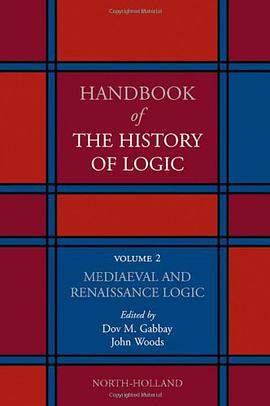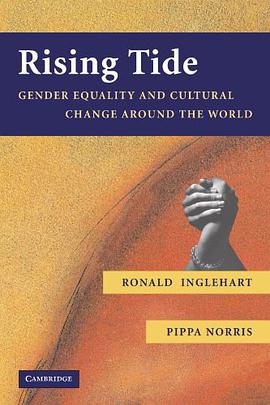

具体描述
Prostitution in Thailand has been the subject of media sensationalism for decades. Bangkok's brothels have become international icons of Third World women's exploitation in the global sex trade. Recently, however, sex workers have begun to demand not pity, but rights as workers in the global economy.
This book explores how prostitution policy is linked to the disciplining of Thai national identity and gender. Jeffrey asserts that certain images of "The Prostitute" have silenced discourses of prostitution as work, while fostering the idea of the peasant woman as the embodiment of national culture. This idea, coupled with a will to shape the modern state through the behavior of middle-class men, has been a main concern of Thai prostitution policy. Gender, the author argues, has become the mechanism through which states respond to the contradictory pressures of globalization and nation-building.
Based on interviews conducted in Thailand, as well as material from the media, government, and nongovernmental organizations, the discussion stretches from the semicolonial period, through the democracy movement of the 1960s and 1970s, to the present day.
作者简介
目录信息
读后感
评分
评分
评分
评分
用户评价
相关图书
本站所有内容均为互联网搜索引擎提供的公开搜索信息,本站不存储任何数据与内容,任何内容与数据均与本站无关,如有需要请联系相关搜索引擎包括但不限于百度,google,bing,sogou 等
© 2026 book.quotespace.org All Rights Reserved. 小美书屋 版权所有




















